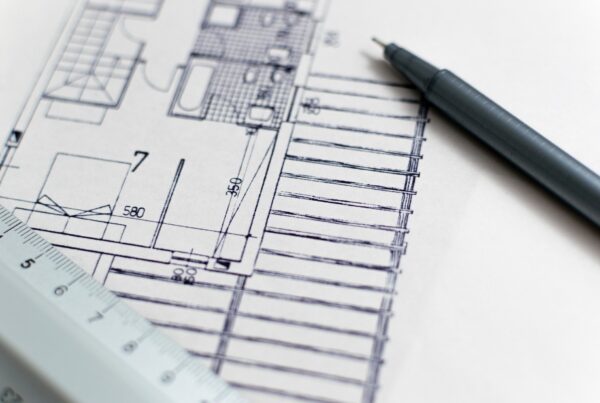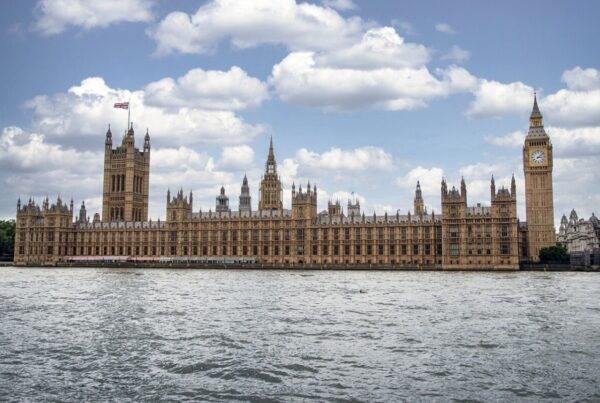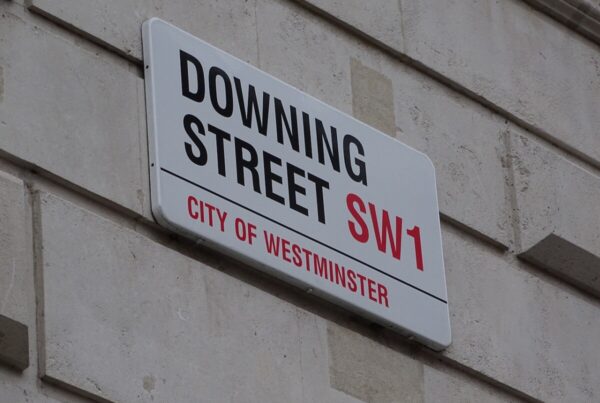An influential trade body has urged the government to scrap its proposals for a new Infrastructure Levy.
The British Property Federation (BPF) has called the for existing system for planning contributions – including the Community Infrastructure Levy (CIL) and Section 106 agreements (s106) – to be reformed instead.
Its comments came as consultation closed today (June 9, 2023) on the Department for Levelling up, Housing and Communities (DLUHC) proposals for the new Infrastructure Levy (IL).
The BPF fears that introducing an entirely new system of developer contributions will create fresh challenges and fail to alleviate existing difficulties experienced under s106 and CIL.
Its concerns include:
- The difficulty local authorities will have setting viable levy rates, due to land values and build costs varying site by site and by land use.
- The negative impact the new levy will have on affordable housing provision.
- The need to elevate the Infrastructure Delivery Strategy to the same importance as the new levy to ensure that infrastructure is being delivered efficiently and the benefits of new development are felt locally.
- The proposal to use gross development value (GDV) as the primary measure through which a developers’ levy liability is calculated will cause uncertainty for developers, funders and local authorities due to changes between valuations and affect scheme viability, especially for commercial and mixed-use projects.
- Challenges for local authorities in implementing a new levy and charging schedule given how under-resourced they are and the additional skills required.
The IL is a key proposal in the government’s flagship Levelling-Up Bill. It is described as a ‘a simple, non-negotiable, locally set Infrastructure Levy that will ensure that developers pay their fair share to deliver the infrastructure that communities need’.
It would be calculated on a final gross development value of a scheme or phase of a scheme. It is intended to replace the Community Infrastructure Levy (CIL), Section 106 and affordable housing contributions with a single, flat-rate levy based on the final sale values of a development.
Developers and private homeowners already face countless bureaucratic hurdles and delays to negotiate in the planning process.
And there is already a great deal of confusion and misunderstanding about CIL and S106 agreements in some quarters.
Any new arrangements for community contributions and affordable housing need to be set within the wider context of fundamental and meaningful reform to the entire system.
We will watch with interest to see the results of this consultation and keep you updated about what they mean.
The BPF describes itself as the voice of the real estate industry in the UK. It is a not-for-profit membership organisation representing companies involved in property ownership and investment.







